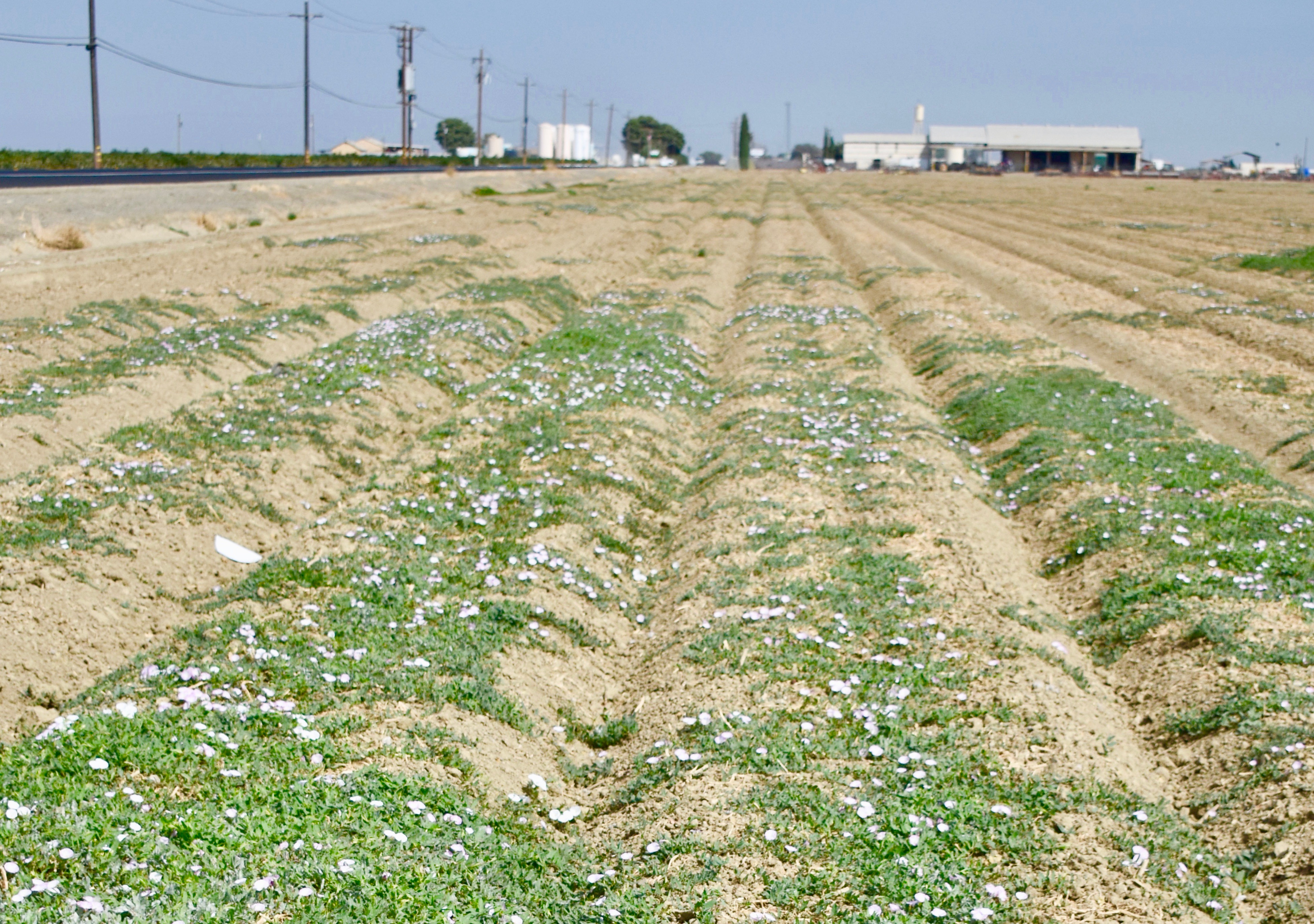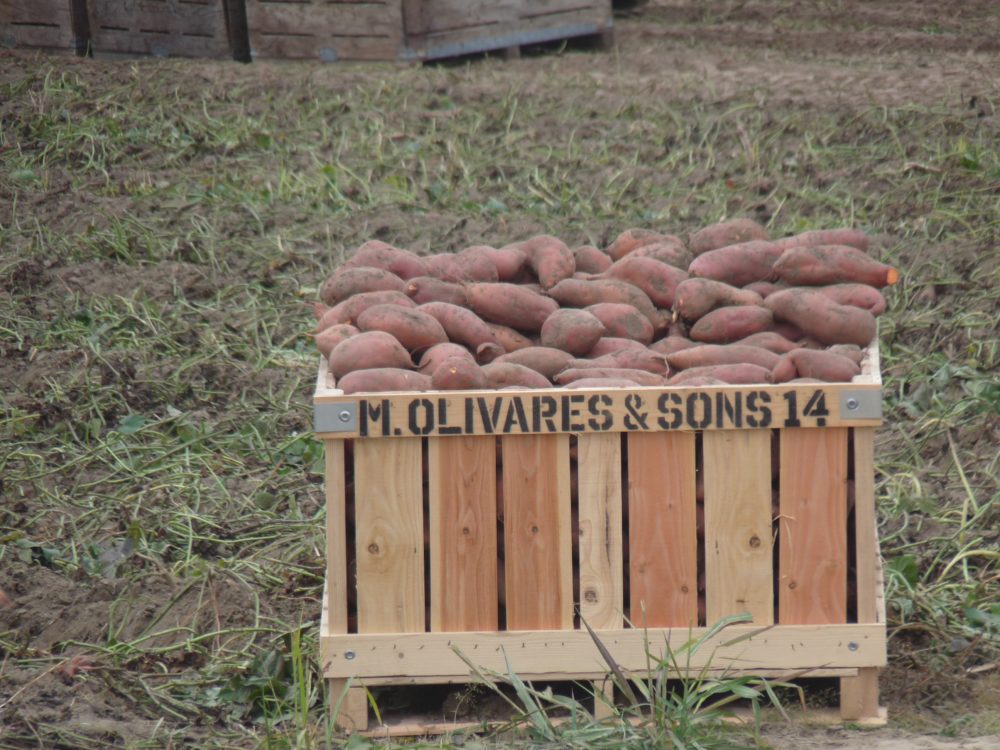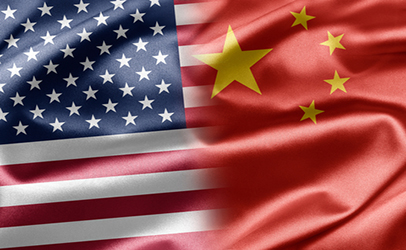Helpful Tips for Fighting Bindweed
Multiple Herbicides Can Help with Management
By Mikenzi Meyers, Associate Editor
Field bindweed is continuing to inconvenience farmers and ranchers. However, Scott Stoddard of the UCANR Cooperative Extension in Merced County has some tips on how to control it.
Stoddard explained that the solution isn’t as simple as applying one herbicide, but using a combination might provide some results.
“You have to combine the Roundup with something like a Treflan, and then combine that maybe with some applications of herbicides,” he said.
Stoddard further added that although more successful than applying Roundup alone, even stacking the herbicides will only provide marginal to good control.
The best approach to getting rid of this stubborn weed? Stoddard recommends rotating your field with Roundup Ready varieties so that the herbicide can be more effective on non-Roundup Ready crops.
“For example, a Roundup Ready cotton or corn will clean up a field for the following year for things like tomatoes or melons. In that particular case, Roundup can be very useful,” he said. “Otherwise get it in when you can. If you can apply it before you transplant, or if the bindweed does come out before your transplant that’s when Roundup should be used.”













